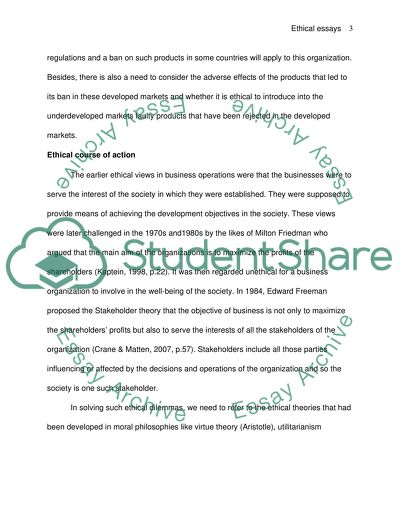Cite this document
(“Ethical eaasy Essay Example | Topics and Well Written Essays - 1500 words”, n.d.)
Retrieved from https://studentshare.org/environmental-studies/1420401-ethical-eaasy
Retrieved from https://studentshare.org/environmental-studies/1420401-ethical-eaasy
(Ethical Eaasy Essay Example | Topics and Well Written Essays - 1500 Words)
https://studentshare.org/environmental-studies/1420401-ethical-eaasy.
https://studentshare.org/environmental-studies/1420401-ethical-eaasy.
“Ethical Eaasy Essay Example | Topics and Well Written Essays - 1500 Words”, n.d. https://studentshare.org/environmental-studies/1420401-ethical-eaasy.


